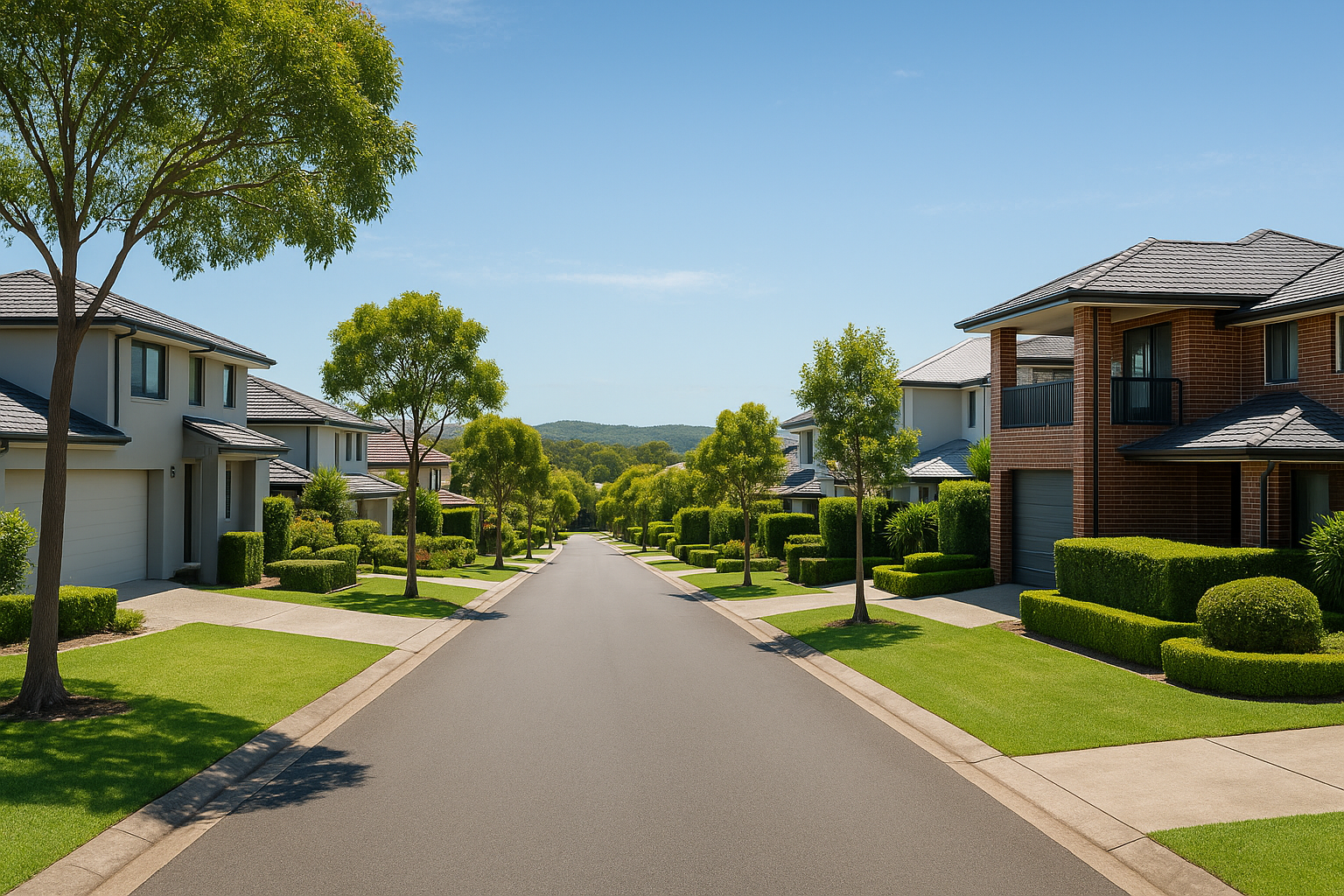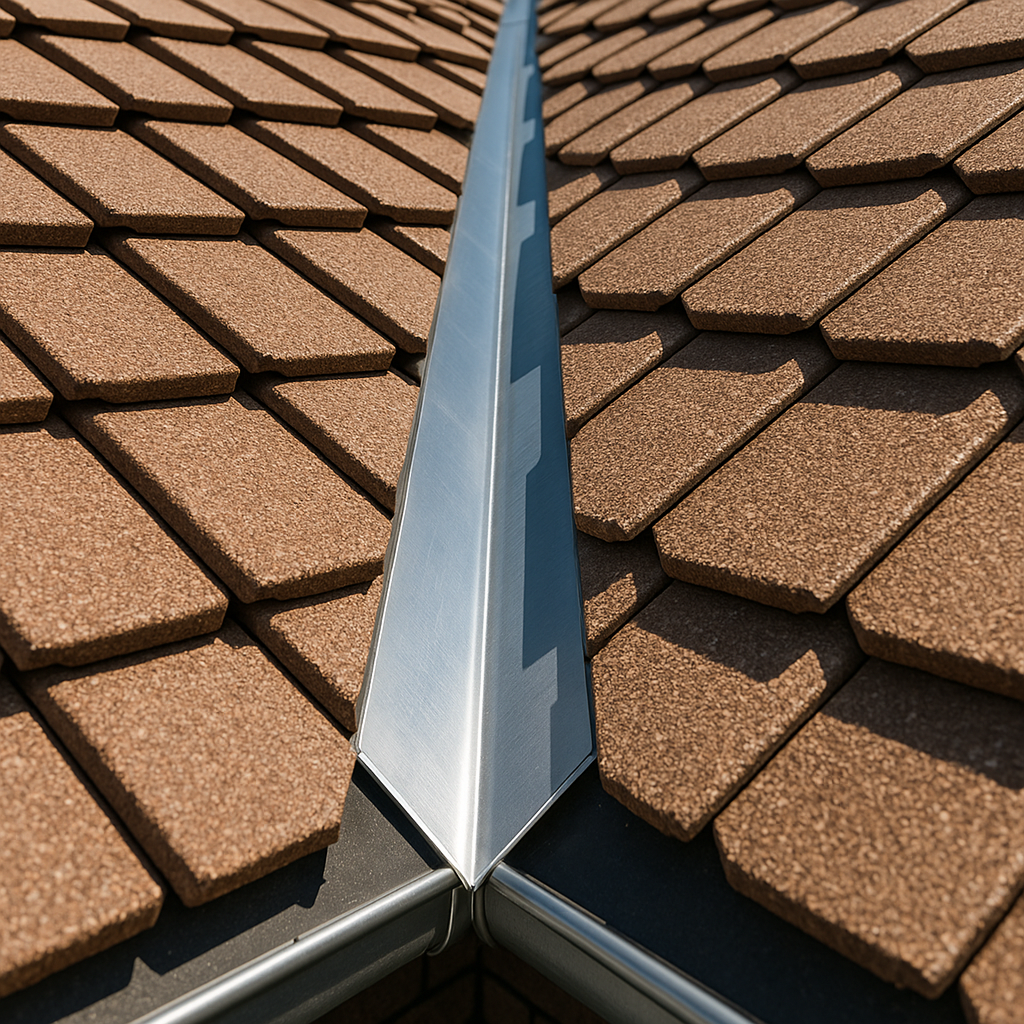Understanding Causes, Risks, and What to Do Next
Noticed your tiled roof starting to dip or sag in the centre? It’s not something to ignore. While tiled roofs are designed to carry significant weight, sagging can signal deeper structural issues that need urgent attention. This is common in Queensland, where intense weather events put roofs under pressure.
If you’re in Brisbane or the Gold Coast and you’re seeing a visible sag, here’s what could be causing it and why it’s important to act quickly.
What Causes a Roof to Sag?
A sagging tiled roof doesn’t happen overnight. It usually builds over time due to a combination of factors:
1. Ageing Roof Structure
Timber battens and trusses can deteriorate over time, especially in older homes. Constant exposure to moisture and temperature changes can weaken the support framework, allowing the roof to dip.
2. Water Damage and Leaks
Persistent roof leaks can saturate timber components, leading to rot and reduced structural integrity. Moisture trapped in the roof cavity can also cause swelling, weakening the framework further.
3. Poor Roof Design or Construction
If the original roof was built without adequate support or bracing, or if trusses weren’t correctly spaced, the weight of the tiles can eventually cause the centre of the roof to sag.
4. Excessive Roof Load
Concrete and terracotta tiles are heavy. If additional loads like solar panels, leaf build-up, or even extra layers of tiling are added, the roof may begin to bow under the extra pressure.
5. Termite Damage
In some Queensland suburbs, termite activity can go unnoticed in the roof cavity for years. Termites can quietly compromise structural timber, making the roof vulnerable to collapse in extreme cases.
Is a Sagging Roof Dangerous?
Yes, especially if ignored. A sagging tiled roof is more than a cosmetic issue. If the structure underneath is failing, it could eventually lead to:
- Cracked tiles and ridge capping
- Water pooling and leaks during rain
- Uneven weight distribution leading to further sagging
- In severe cases, partial or full roof collapse
The earlier you identify and address it, the less invasive (and expensive) the repairs will be.
What Should You Do If You Notice a Sag?
If you spot a dip in the middle of your roof or notice tiles starting to shift:
- Avoid climbing on, it could be unsafe.
- Book a professional roof inspection, at Storm Call Roofing Projects, we’ll assess whether the issue is cosmetic, structural, or weather-related.
- Act promptly, structural problems don’t resolve themselves, and delays can lead to more damage (and higher repair bills).
How We Fix a Sagging Tiled Roof
Every home is different, but a typical approach includes:
- Replacing or reinforcing damaged rafters or trusses
- Rebedding and repointing ridge tiles after realignment
- Replacing cracked or displaced roof tiles
- Improving ventilation and drainage to prevent future issues
We’ll always provide a full breakdown of what’s needed and work with you to restore your roof safely and efficiently.
Final Thoughts
If your roof is sagging in the middle, don’t delay. It’s a clear sign that something deeper is going on, and catching it early could save you from a major repair down the track.
At Storm Call Roofing Projects, we specialise in tiled roof inspections, structural repairs, and full restorations across Brisbane and the Gold Coast. Get in touch today to book a professional inspection and get peace of mind.






